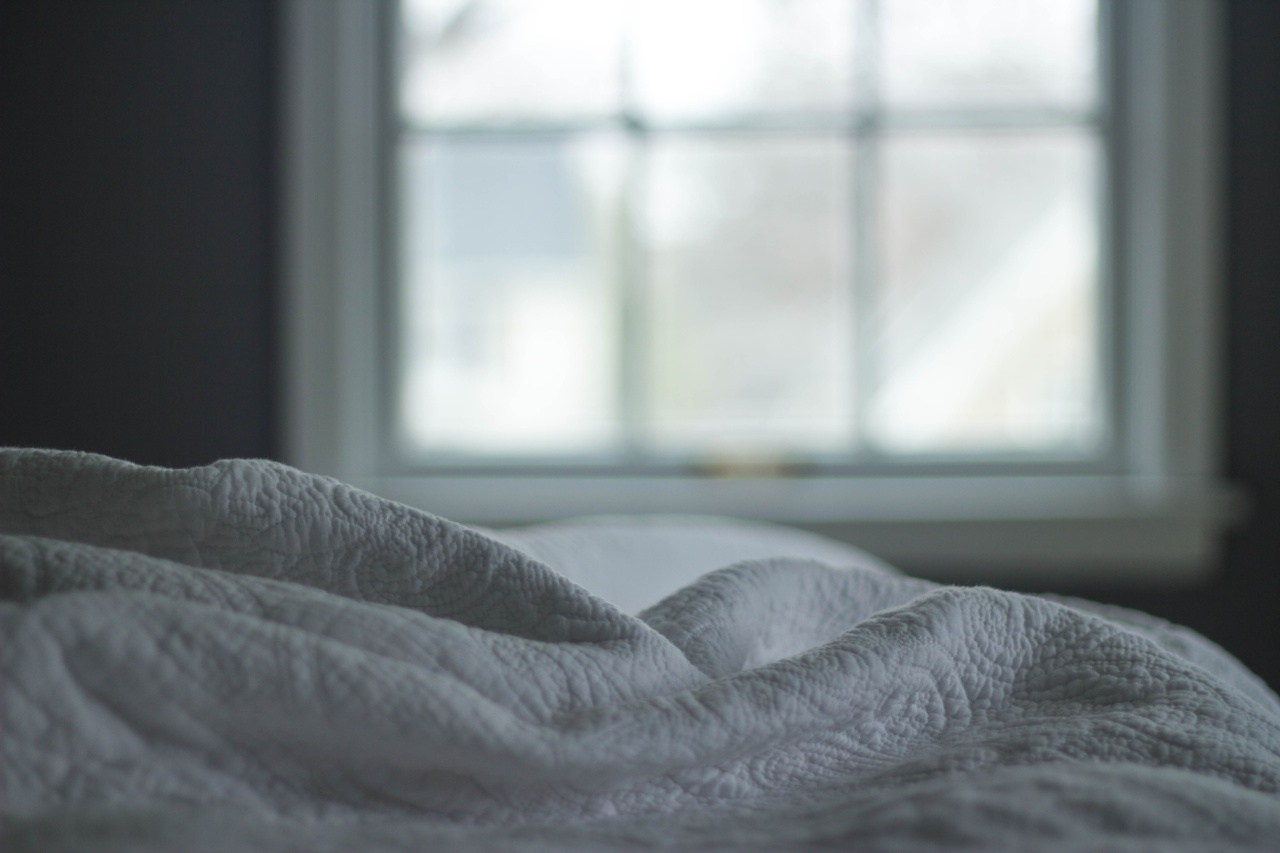Menopause is a natural biological process that marks the end of a woman’s reproductive period. During this time, hormone levels fluctuate, leading to a wide range of symptoms, including hot flashes, mood changes, and sleep disturbances.
In this article, we will explore the effects of menopause on sleep patterns and offer tips for managing them.
The Science Behind Sleep and Menopause
As hormone levels change during menopause, they can impact the body’s internal clock, which regulates the sleep-wake cycle.
Estrogen helps promote healthy sleep by increasing the amount of REM sleep, which is essential for memory consolidation and emotional regulation. Progesterone, on the other hand, promotes deep sleep, which is crucial for physical restoration and repair.
As estrogen and progesterone decrease during menopause, women may experience disruptions in their sleep patterns.
Hot flashes, night sweats, and insomnia are common symptoms that can make it challenging to fall asleep and stay asleep throughout the night.
Common Sleep Problems During Menopause
There are several sleep problems that women may experience during menopause, including:.
- Hot flashes and night sweats: These sudden surges of heat can cause sweating, rapid heartbeat, and even chills, making it difficult to get comfortable and fall asleep.
- Insomnia: Difficulty falling asleep or staying asleep is a common problem during menopause. Sleep deprivation can lead to fatigue, irritability, and other health problems.
- Sleep apnea: Menopause can increase the risk of obstructive sleep apnea, a condition in which breathing is disrupted during sleep, leading to intermittent awakenings and poor sleep quality.
- Restless leg syndrome: This condition causes uncomfortable sensations in the legs that make it difficult to fall asleep or stay asleep throughout the night.
Tips for Managing Sleep Problems During Menopause
Although menopause can cause sleep disturbances, there are several strategies that women can use to improve their sleep quality, including:.
- Keeping cool: Wear breathable, lightweight clothing and use a fan or air conditioning to stay comfortable during hot flashes.
- Creating a sleep-conducive environment: Make sure your bedroom is quiet, dark, and cool. Use comfortable pillows and bedding and remove any distractions, like electronics or pets.
- Exercising regularly: Regular physical activity can help reduce stress, increase energy levels, and promote restful sleep. However, avoid exercising too close to bedtime, as it can interfere with your ability to fall asleep.
- Avoiding caffeine and alcohol: These substances can interfere with sleep quality, so it’s best to avoid them or limit their intake before bedtime.
- Practicing relaxation techniques: Meditation, deep breathing, and yoga can help reduce stress, improve mood, and promote relaxation, making it easier to fall asleep.
- Considering hormone therapy: Hormone therapy can help alleviate menopausal symptoms, including sleep disturbances. However, it’s essential to discuss the risks and benefits with your healthcare provider before starting hormone therapy.
Conclusion
Menopause can be a challenging time for women, with a wide range of physical and emotional symptoms.
However, by understanding the effects of menopause on sleep patterns and implementing strategies for managing them, women can improve their sleep quality and overall well-being.































